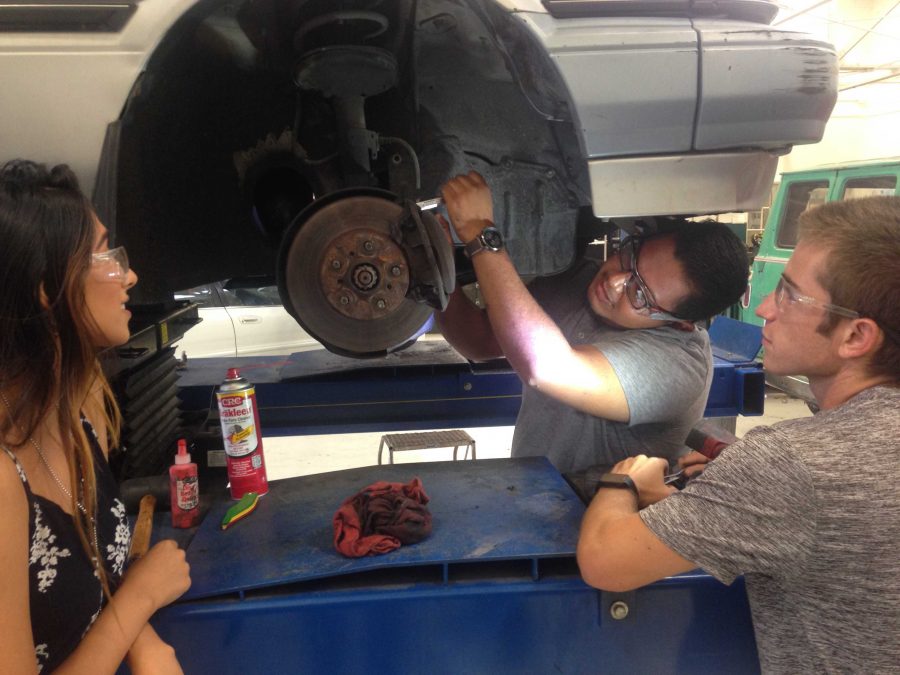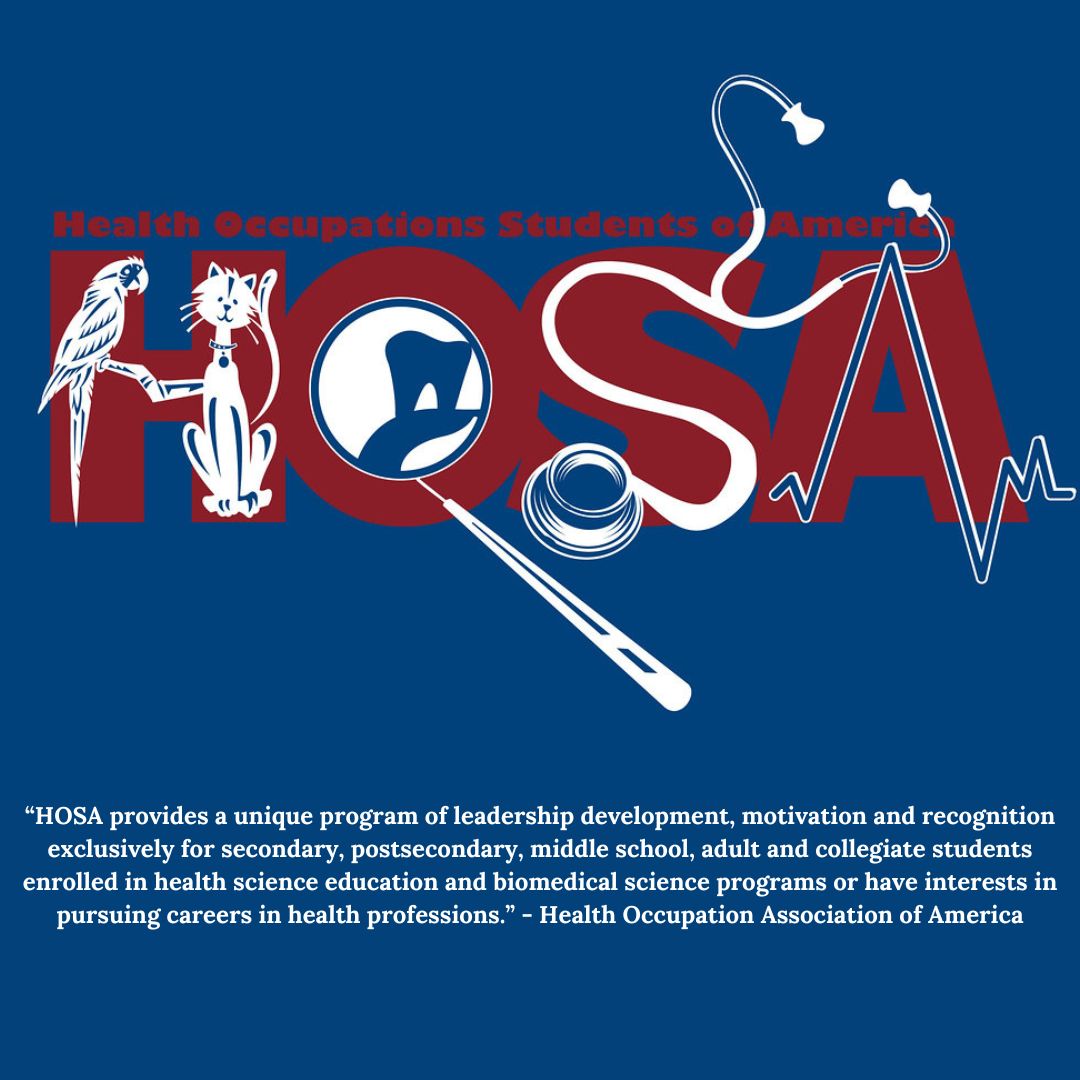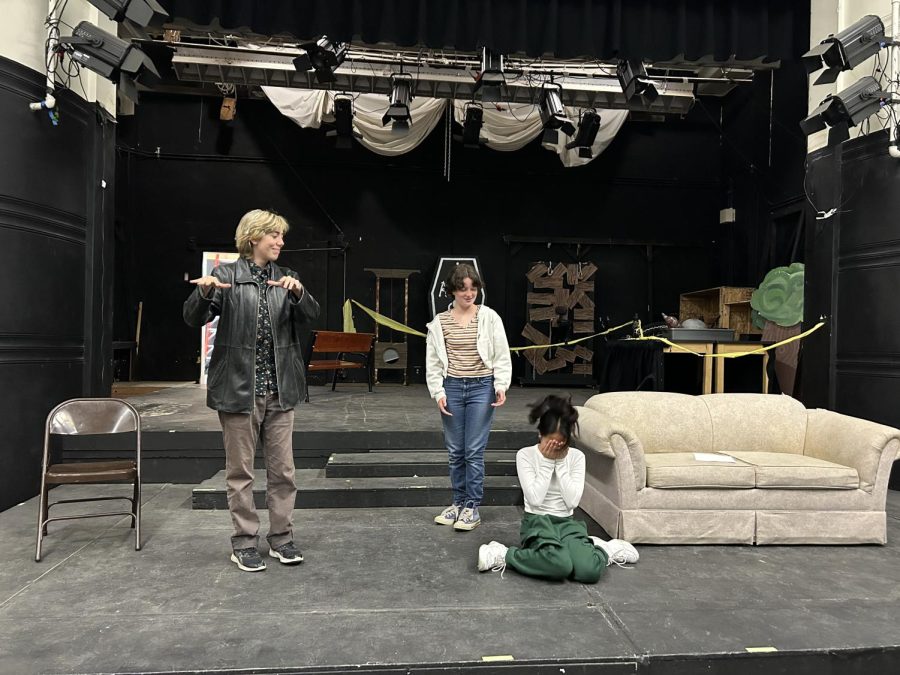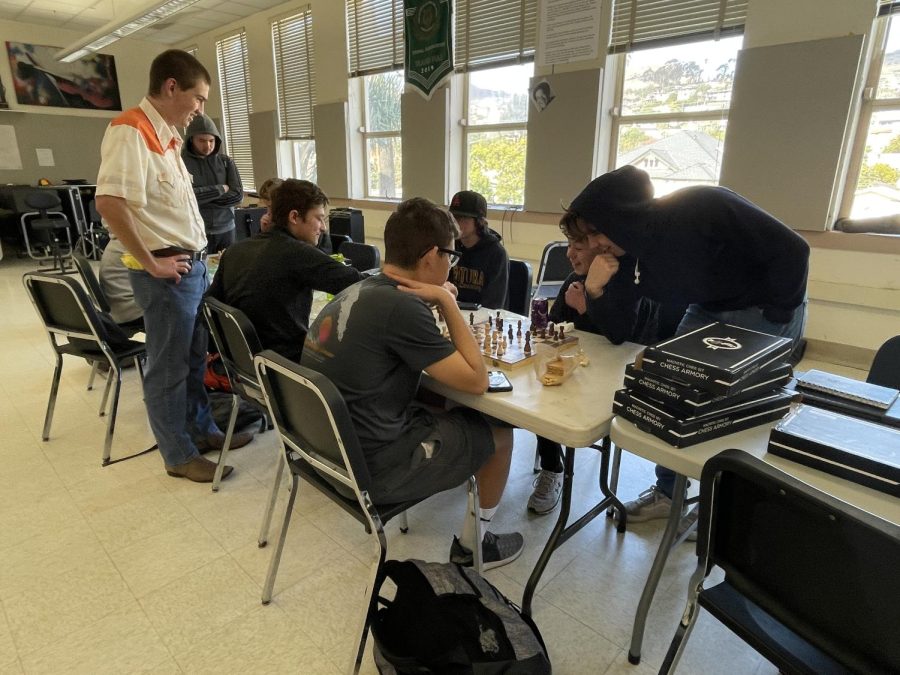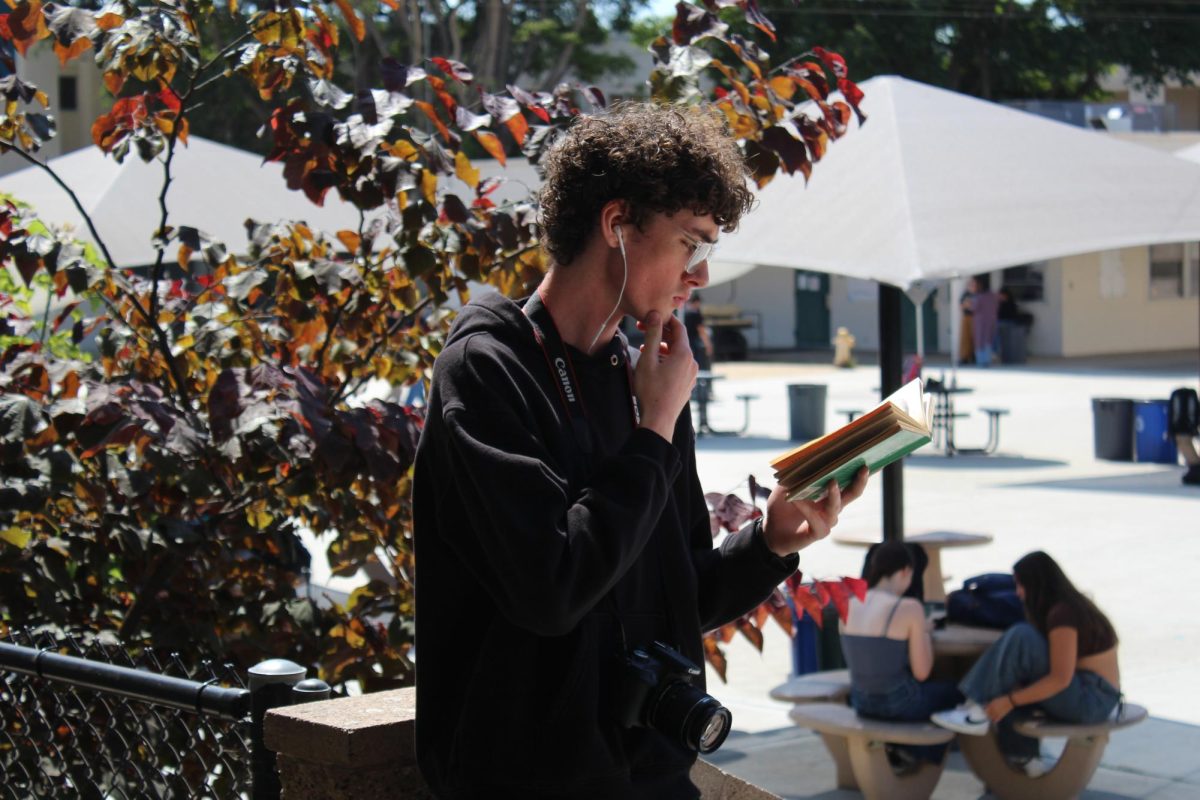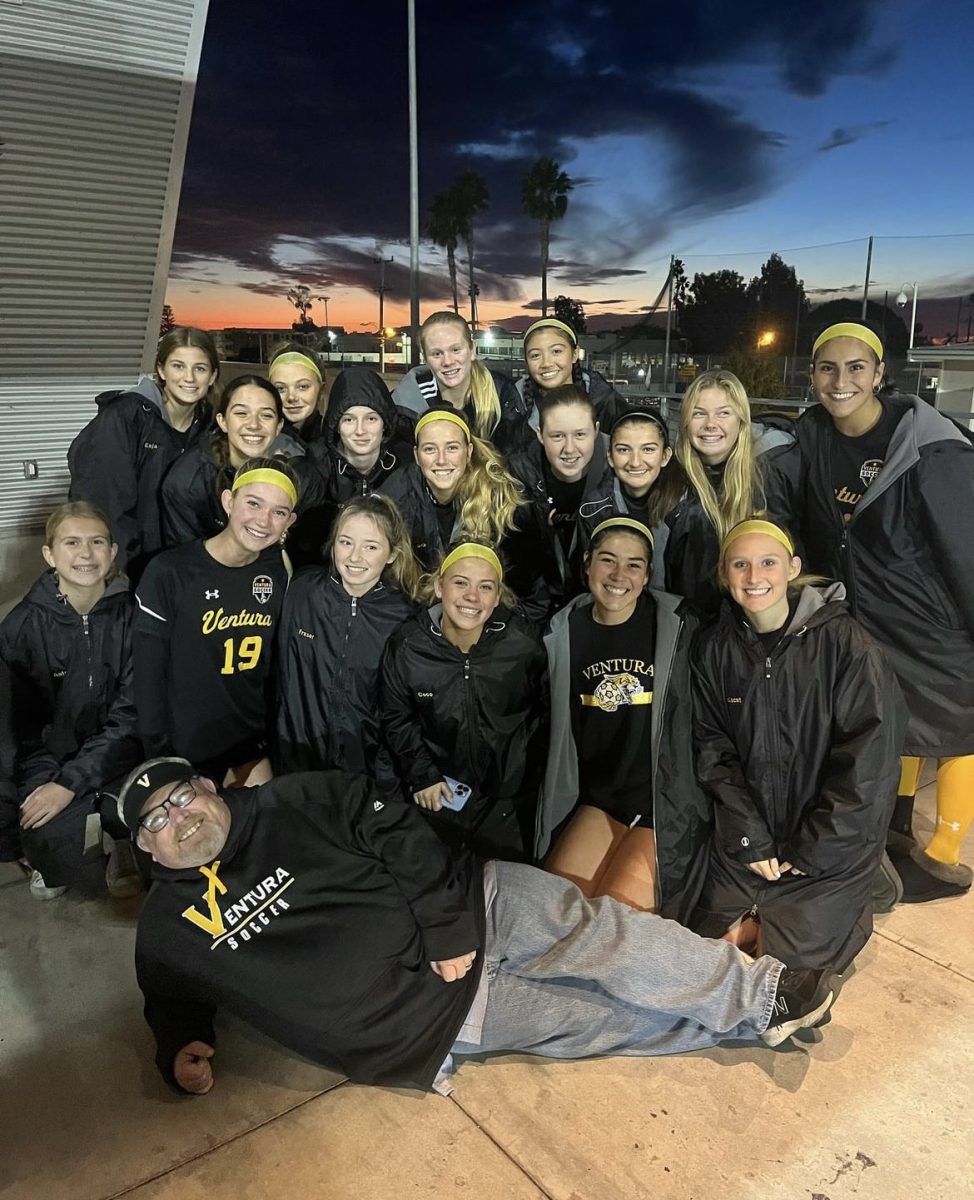“Growing up, my dad would always take me to car shows and they were a really big part of my childhood,” said senior Cassandra Gonzalez. “[I am taking] auto because I want to know what to do if my car ever breaks down and save on repairs that I could probably fix myself.”
Gonzalez is one of nine female students in Auto 1 and 13 in the Auto department. According to Catalyst, a nonprofit focusing on creating “workplaces that work for women,” women make up 26.7 percent of jobs in the United States’ 2017 automotive workforce even though “women are almost one-half of the US labor force.”
“I want to [encourage] females to join automotive,” said senior Isabel Mercado. Mercado is the only girl in Advanced Auto, although another girl is a TA for the class. Mercado also noted the opportunity for women in engineering to receive scholarships.
[huge_it_slider id=”59″]
“I have been a lead in the automotive department for four years and I would like… for people to see… how women can succeed and lead in the field,” Mercado added.
Scott Hays, who teaches Auto in room 237, said that girls have “every opportunity to do as good or better a job [in the class] as the guys do.”
“A lot of it is fear, initially, of being in a male-dominated classroom,” said Hays on why there are few female students in auto. “Once they get over that, often I’ve found that the females do [a] better job than the guys do ‘cause… [they have] more attention to detail.”
Hays elaborated on Gonzalez’s argument for auto: “It’s a life skill. These are opportunities if you can learn basics,” comparing basic repairs to changing a light bulb “as opposed to paying somebody 45 to 90 bucks an hour to fix your car.” He described such self sufficiency in the context of a “sense of pride.”
He also noted that having automotive knowledge allows owners to check whether repair shops are being honest in their maintenance. He particularly noted the benefit for girls: “A woman taking [her] car to be worked on there’s more opportunity for a shop to say, ‘Ok, we have a young lady in here that doesn’t know anything about a car, and we’ll just sell [her] everything we can sell [her].’ A woman with automotive knowledge can prevent such opportunism,” Hays noted.
“I have been a lead in the automotive department for four years and I would like… for people to see… how women can succeed and lead in the field,” – Isabel Mercado
Hays shared some of the projects auto students get to work on: “The advanced auto will be rebuilding full size General Motors engines in here, V8 engines,” Hays said. “The introductory classes rebuild Briggs and Stratton two horsepower engines, they take the engines, completely disassemble them, take all the critical engine measurements and put them back together.”
“They run before they tear them apart, and they have to run once they’re back [together],” he added.
Introductory students also learn how to do automotive soldering and work with drill presses and lifting equipment.
On women in the automotive industry at large, Hays said, “the industry is wide open… they just [have] got to put forth the effort to come and do it.”
Gonzalez commented that girls should take Auto if they want to “regardless if you think it’s considered a “male profession.”
“It’s just a matter of getting the girls in here,” added Hays, “and I’ve encouraged the girls that… are in here to share [their experiences].



